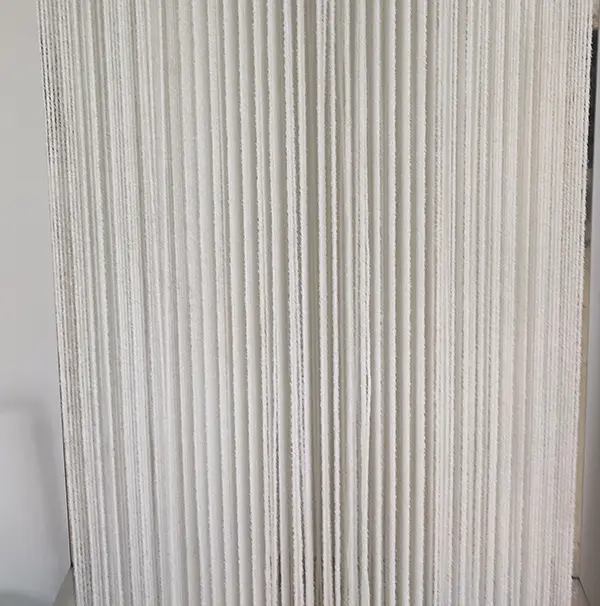MBR membrane fouling problems and solutions
Membrane bioreactor (MBR) is an advanced wastewater treatment technology, but membrane fouling is one of the main challenges it faces. Membrane fouling will lead to a decrease in flux, an increase in operating costs, and in severe cases may even cause system outage. The following are some effective methods to solve the fouling problem of MBR membrane:
1. Optimize operating conditions
Control the mixed liquid concentration (MLSS) and dissolved oxygen (DO) concentration in the appropriate range to avoid sludge expansion and excessive ventilation
Adjust membrane flux and backwash frequency to prevent excessive accumulation of sludge on the membrane surface
Maintain appropriate pH value and temperature to reduce the deposition of membrane fouling substances
2. Chemical cleaning
Regularly use oxidants (hypochlorite, hydrogen peroxide, etc.) to clean membrane components to remove organic pollutants
Use acid or alkaline solutions to remove inorganic contaminants (such as metal oxides)
Combining different cleaning agents to enhance the cleaning effect

3. Physical cleaning
Use high-pressure backwashing, air impact and other methods to remove reversible pollutants on the membrane surface
Use mechanical scrubbers to clean membrane modules regularly
4. Modification of membrane materials
Develop new hydrophilic membrane materials to reduce the adsorption of pollutants on the membrane surface
Preparation of composite membranes or modified membranes with anti-pollution properties
5. Add additives
Adding flocculant to remove colloidal particles and reduce membrane fouling
Adding biological descaling agents to inhibit biofilm growth
By comprehensively applying the above methods, the fouling problem of MBR membrane can be effectively controlled and alleviated, the service life of the membrane can be extended, and the treatment efficiency can be improved. Keywords: MBR membrane fouling, membrane cleaning, membrane material modification, additive addition.
